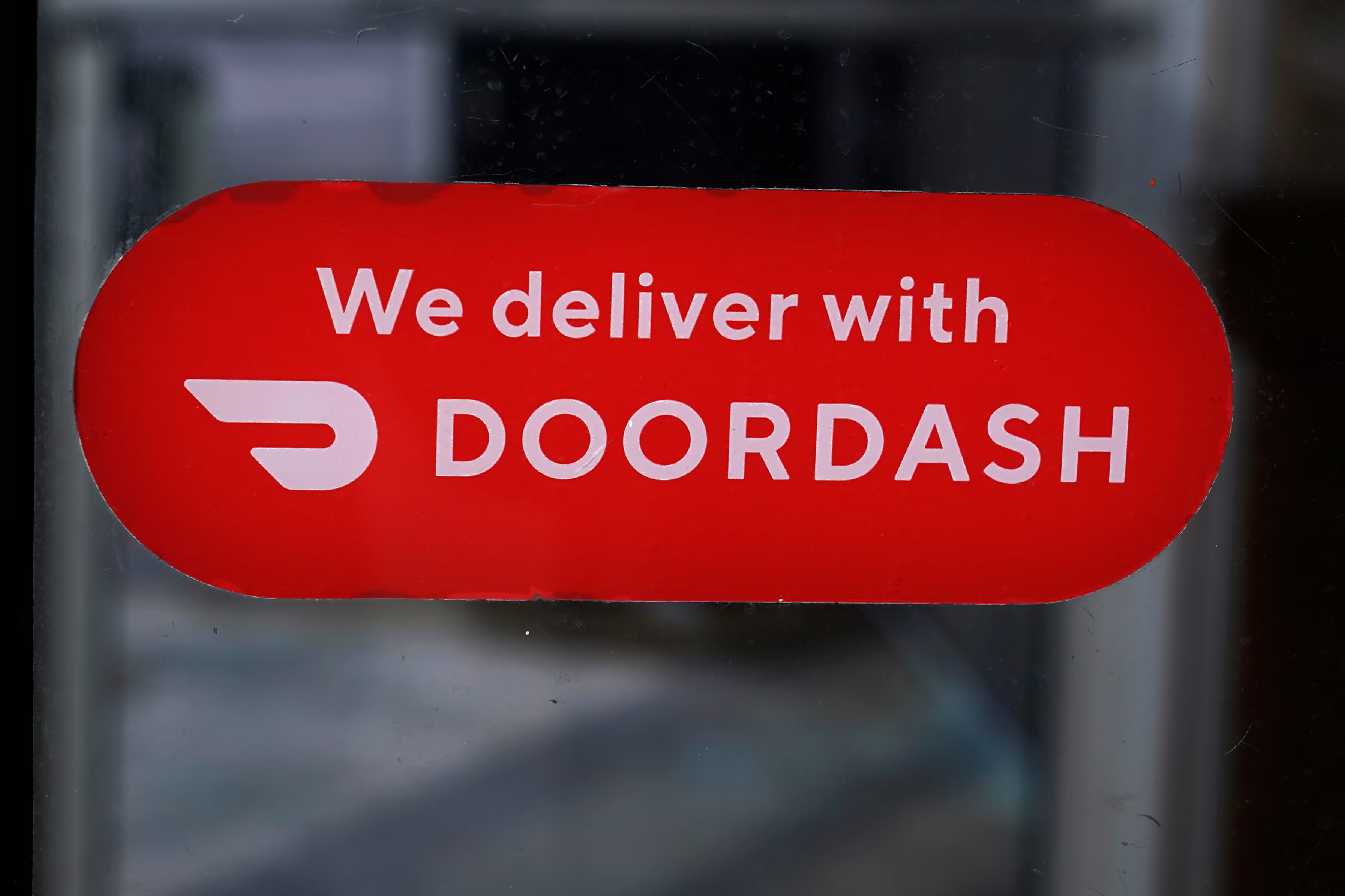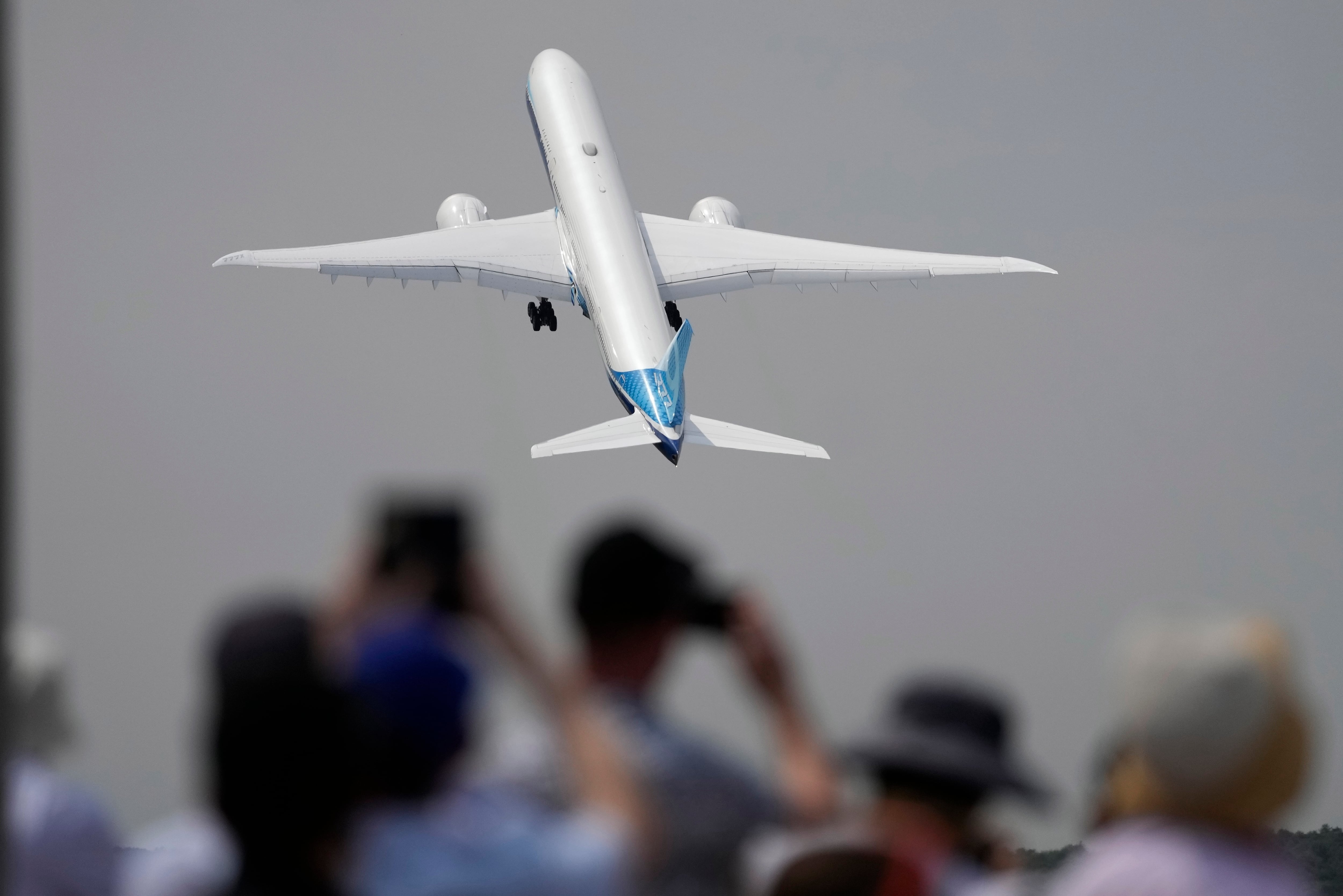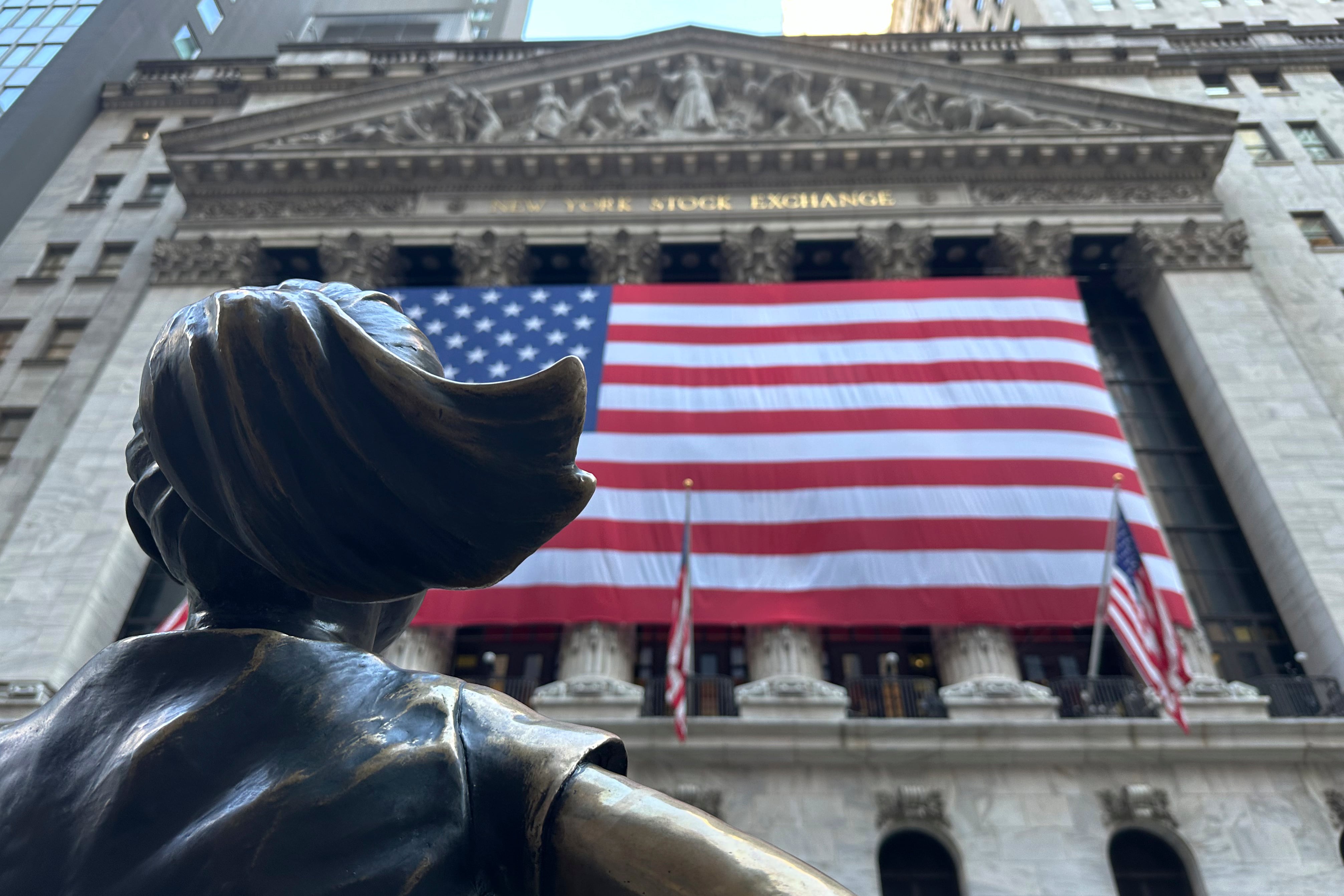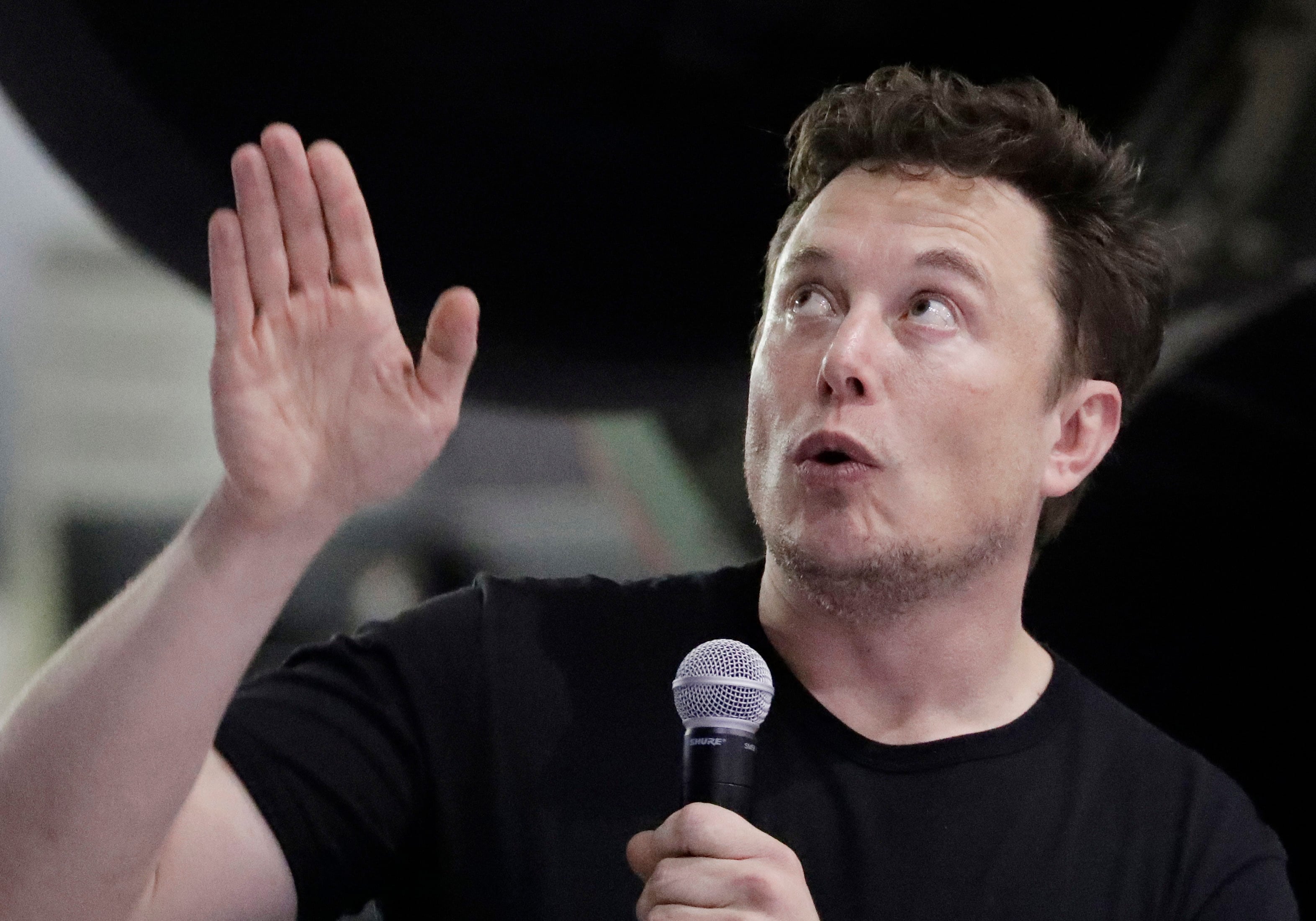We're living in uncertain times due to the pandemic, and that means more flexible especially when we travel. One change that may be permanent is that people are more open to unconventional travel opportunities -- as well as challenges -- when they book their vacations. Airbnb CEO Brian Chesky explained at Skift Global Forum 2021 that before the pandemic, working, living and traveling had to be three separate activities. But with remote work now more accepted, it can be one and the same. "This revolution really is about flexibility," Chesky said. "Suddenly, you can live anywhere, you can work anywhere." It also means travelers are moving from being strict and rigid to being more malleable. A recent Expedia survey showed that half of global travel searches this summer were for 21 days or less. Airlines are also more open to giving refunds with cancellations, even for the cheapest tickets. Travelers, especially those looking for high-end luxury vacations, are simultaneously planning trips to ensure they go on one, a phenomenon known as "travel stacking." https://skift.com/2021/09/15/new-research-5-trends-from-travels-2021-summer-surge/ "Flexibility is going to be huge in terms of how travel companies spur demand and then put consumer confidence back," Ali told Cheddar.












